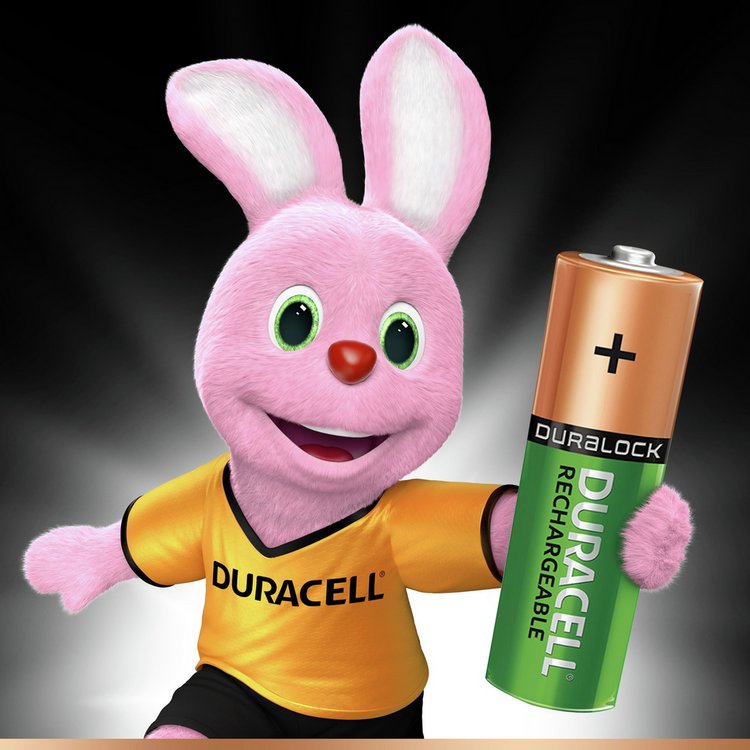
If you look in the average UK household, you are more than likely going to be able to find batteries. Batteries are very useful in the household due to the amount of products we own that may need running without the use of AC power. There are many different types of batteries, which can often make it confusing to decide what type you might need to buy.
What is a battery?
A battery is made up of one or more cells where power is created by converting electricity through a chemical reaction. It supplies electric power allowing you to use electrical devices like toys, torches, mobiles, etc. There are many different batteries available in the market and this article will explain the main types and their uses.
Rechargeable batteries (include description, uses, and formats)
These batteries are exactly what they say, rechargeable. They can be used over and over again, by recharging them up using mains electricity. Although these are more expensive to buy than single-use batteries, they last a lot longer and are more efficient in using for your day to day household objects. They are still available in most common sizes such as AAA, C, D and 9-volt. The most commonly available type are AAA and AA. Most available brands will have batteries that last up to 3 years which in the long run will definitely save you money on batteries! When buying rechargeable batteries it is good practice to buy a matching charger as this will optimise the battery longevity.

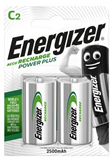
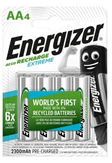
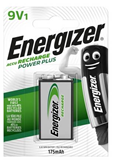
Non-Rechargeable batteries
These are single use batteries and often the most commonly used with the household therefore, these are the easiest to buy. The most common batteries that you may have heard of are Alkaline and Lithium. These are used in different sizes from AAA to 9-volt batteries. These single use batteries have varied uses in the household including toys, handheld electronics, cameras, torches and many other things. As the most used battery they are readily available for accessible prices, they are easy to use and also easy to replace when they are ‘dead’.
Other single use batteries are button cell batteries. These are commonly found in smaller devices such as car keys, watches and hearing aids.
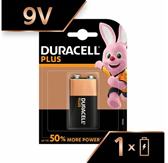
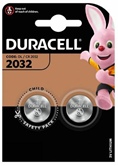
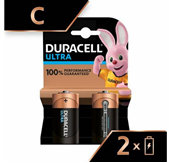
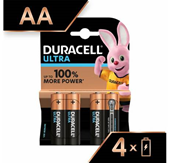
Common practice with non-rechargeable batteries is to recycle them when you have finished with them. Due to their components it is better to dispose of them in a controlled way rather than putting them straight into the general waste. Battery recycling is common and drop off points can be found in supermarkets or by doing a quick search on the internet.